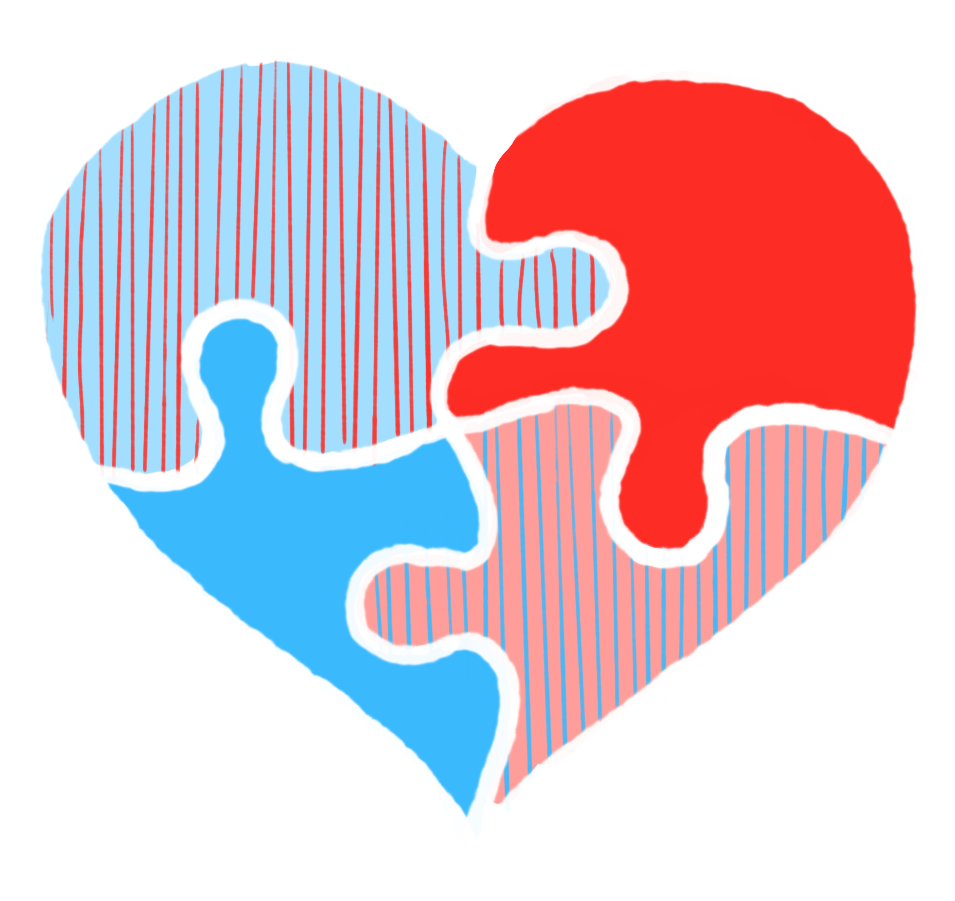Sexual development 12-15 years
Global development
In puberty, young people increasingly go their own way. Having friends, belonging and being liked: that's what it's all about in this age phase. Their bodies change rapidly; the first menstruation begins. Falling in love and getting together becomes a 'serious' thing, but it rarely goes beyond a tongue kiss. Nevertheless, it is good for parents to keep sex, relationships and contraception open for discussion at this stage. Adolescents look for information themselves, even if you don't talk to them about it so it's better to start early.
Specifically for anorectal malformations/Hirschsprung’s disease
For your child with an anorectal malformation/Hirschsprung’s disease, puberty can present additional challenges. As we described at the previous stage of life, your daughter may have more difficulty setting boundaries. She may also be even more insecure or embarrassed than peers, and may feel excluded because of the condition. All adolescents want to belong and be no different from others, but this can be particularly difficult for your child. Pay attention to this in sex education. By making it open to discussion, you can pave the way for more openness for your child. Make it clear that she can discuss all problems, whether with you or with the attending physician.
Is your daughter having her first period? For some girls/women with an anorectal malformation, the use of tampons is more difficult because the shape of her vagina may be different. The treating doctor will be able to assess whether your daughter can use tampons and may give tips that will make insertion easier.
Solutions
You can help your child enormously during puberty by keeping sexuality open to discussion. But how do you do this and at what time do you address which topics? You don't have to be alone. Institutions such as Rutgers Knowledge Centre on Sexuality in the Netherlands can help you. Whilst most information is in Dutch, the centre provides some informative resources in English and other languages and the Dutch information can also be translated.
You may also call in a psychologist, sexologist or other professional counsellor for advice or guidance. This can, for example, help your child to discuss her condition with her peers.
Does your daughter have problems inserting tampons? Advise her to try squatting. If it is still difficult, ask the doctor for tips or, if necessary, a referral to a pelvic physiotherapist or gynecologist. Of course, you can also encourage your daughter to raise the matter with the doctor herself.
"Talking to my mother [about the condition – anorectal malformation] was okay, that was fine. Also, because she explained how this had happened in the past. And, because she too, I think they had even told me at the time that if I had my period, I would have to come back."
Want to know more?
About the sexual education of children from 9-15 years old and sex education by age group [Available in Dutch]
About the sexual development of children with a disorder [Information in Dutch and can be translated]
About the experiences of a 12-year-old boy with an anorectal malformation [Dutch video which you can Auto-translate into multiple languages via YouTube].



